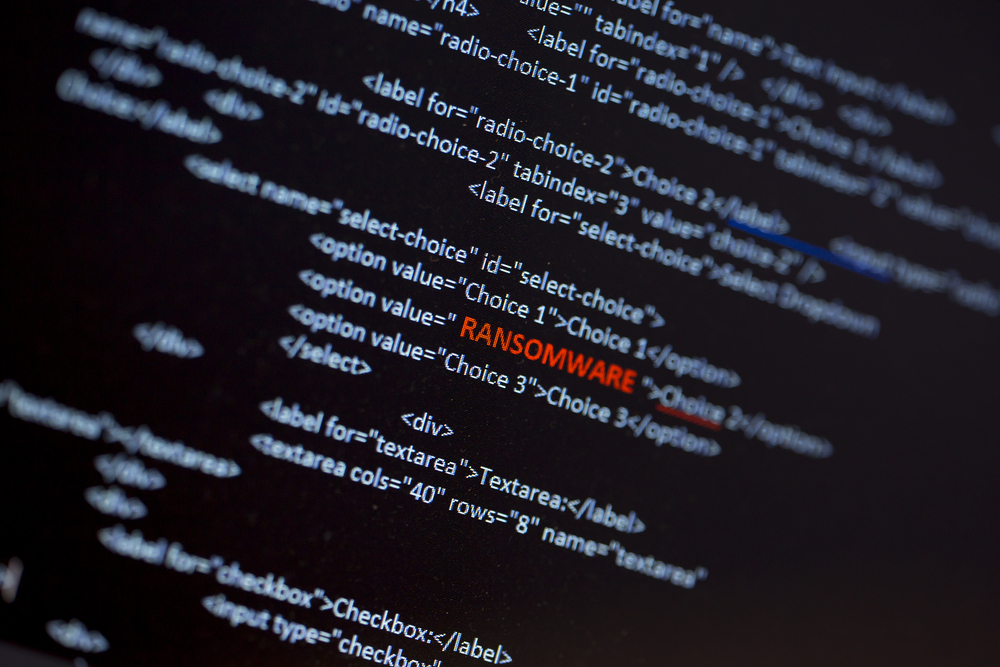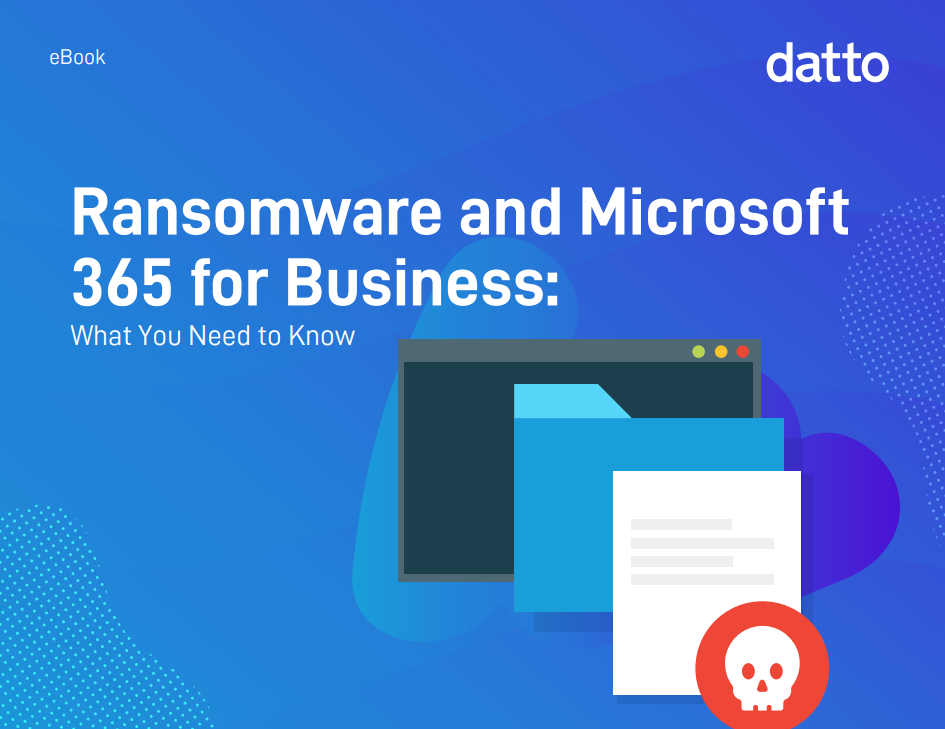FBI warns Rust-based ransomware has breached over 60 organisations
The agency has issued an alert warning that the new ransomware has impacted at least 60 global organisations since last November


The Federal Bureau of Investigation (FBI) has warned of BlackCat ransomware-as-a-service (RaaS) which it believes has compromised at least 60 entities around the world since last November.
BlackCat has been recruiting new affiliates since late 2021 and targeting organisations across multiple sectors across the world, according to Varonis Threat Labs. It has actively recruited former REvil, BlackMatter, and DarkSide operators and increased its activity since November 2021. Varonis found that it offers lucrative affiliate payouts, up to 90%, and uses a Rust-based ransomware executable. The group's leak site also named over 20 victim organisations since January 2022, although the data security firm predicted that the total number of victims was likely to be greater.
The FBI released an alert earlier this month where it found that BlackCat, also known as ALPHV or Noberus, has compromised at least 60 entities worldwide through RaaS as of March 2022. It said it’s the first ransomware group to do so successfully using Rust, a programming language that offers high performance and improved safety features.
The advisory stated that the ransomware leverages previously compromised user credentials to gain initial access to the victim’s system. Once the malware establishes access, it compromises Active Directory user and administrator accounts. The malware utilises Windows Task Scheduler to configure malicious Group Policy Objects (GPOs) to deploy ransomware.
RELATED RESOURCE

Ransomware and Microsoft 365 for business
What you need to know about reducing ransomware risk
The initial deployment of the malware leverages PowerShell scripts, along with Cobalt Strike, and disables security features within the victim’s network. The ransomware also uses Windows administrative tools and Microsoft Sysinternals tools during compromise. BlackCat/ALPHV steals victim data before the execution of the ransomware, including from cloud providers where company or client data was stored.
“BlackCat-affiliated threat actors typically request ransom payments of several million dollars in Bitcoin and Monero but have accepted ransom payments below the initial ransom demand amount,” stated the FBI in the advisory. “Many of the developers and money launderers for BlackCat/ALPHV are linked to Darkside/Blackmatter, indicating they have extensive networks and experience with ransomware operations.”
The agency is seeking any information that can be shared, including IP logs showing callbacks from foreign IP addresses, Bitcoin, or Monero addresses. It’s also searching for transaction IDs, communications with the threat actors, the decryptor file, and a sample of an encrypted file.
Get the ITPro daily newsletter
Sign up today and you will receive a free copy of our Future Focus 2025 report - the leading guidance on AI, cybersecurity and other IT challenges as per 700+ senior executives
The law enforcement agency doesn’t recommend paying ransoms although it understands that some organisations may do so to protect shareholders, employees, and customers. Even if an organisation pays the ransom, the FBI has urged victims to report ransomware incidents to their local FBI office. It also suggested that organisations review their domain controllers, regularly backup data offline, and implement network segmentation.
Zach Marzouk is a former ITPro, CloudPro, and ChannelPro staff writer, covering topics like security, privacy, worker rights, and startups, primarily in the Asia Pacific and the US regions. Zach joined ITPro in 2017 where he was introduced to the world of B2B technology as a junior staff writer, before he returned to Argentina in 2018, working in communications and as a copywriter. In 2021, he made his way back to ITPro as a staff writer during the pandemic, before joining the world of freelance in 2022.
-
 Third time lucky? Microsoft finally begins roll-out of controversial Recall feature
Third time lucky? Microsoft finally begins roll-out of controversial Recall featureNews The Windows Recall feature has been plagued by setbacks and backlash from security professionals
By Emma Woollacott Published
-
 The UK government wants quantum technology out of the lab and in the hands of enterprises
The UK government wants quantum technology out of the lab and in the hands of enterprisesNews The UK government has unveiled plans to invest £121 million in quantum computing projects in an effort to drive real-world applications and adoption rates.
By Emma Woollacott Published
-
 ‘Phishing kits are a force multiplier': Cheap cyber crime kits can be bought on the dark web for less than $25 – and experts warn it’s lowering the barrier of entry for amateur hackers
‘Phishing kits are a force multiplier': Cheap cyber crime kits can be bought on the dark web for less than $25 – and experts warn it’s lowering the barrier of entry for amateur hackersNews Research from NordVPN shows phishing kits are now widely available on the dark web and via messaging apps like Telegram, and are often selling for less than $25.
By Emma Woollacott Published
-
 Healthcare systems are rife with exploits — and ransomware gangs have noticed
Healthcare systems are rife with exploits — and ransomware gangs have noticedNews Nearly nine-in-ten healthcare organizations have medical devices that are vulnerable to exploits, and ransomware groups are taking notice.
By Nicole Kobie Published
-
 Alleged LockBit developer extradited to the US
Alleged LockBit developer extradited to the USNews A Russian-Israeli man has been extradited to the US amid accusations of being a key LockBit ransomware developer.
By Emma Woollacott Published
-
 February was the worst month on record for ransomware attacks – and one threat group had a field day
February was the worst month on record for ransomware attacks – and one threat group had a field dayNews February 2025 was the worst month on record for the number of ransomware attacks, according to new research from Bitdefender.
By Emma Woollacott Published
-
 CISA issues warning over Medusa ransomware after 300 victims from critical sectors impacted
CISA issues warning over Medusa ransomware after 300 victims from critical sectors impactedNews The Medusa ransomware as a Service operation compromised twice as many organizations at the start of 2025 compared to 2024
By Solomon Klappholz Published
-
 Warning issued over prolific 'Ghost' ransomware group
Warning issued over prolific 'Ghost' ransomware groupNews The Ghost ransomware group is known to act fast and exploit vulnerabilities in public-facing appliances
By Solomon Klappholz Published
-
 The Zservers takedown is another big win for law enforcement
The Zservers takedown is another big win for law enforcementNews LockBit has been dealt another blow by law enforcement after Dutch police took 127 of its servers offline
By Solomon Klappholz Published
-
 There’s a new ransomware player on the scene: the ‘BlackLock’ group has become one of the most prolific operators in the cyber crime industry – and researchers warn it’s only going to get worse for potential victims
There’s a new ransomware player on the scene: the ‘BlackLock’ group has become one of the most prolific operators in the cyber crime industry – and researchers warn it’s only going to get worse for potential victimsNews Security experts have warned the BlackLock group could become the most active ransomware operator in 2025
By Solomon Klappholz Published